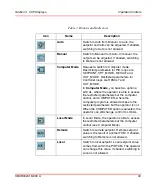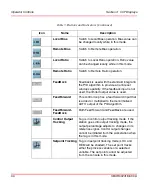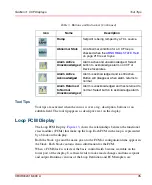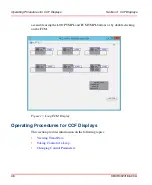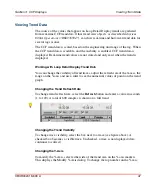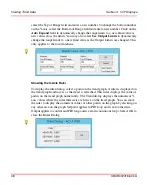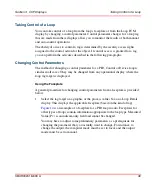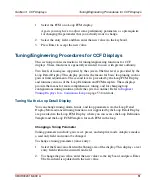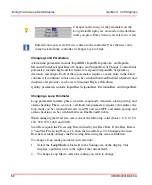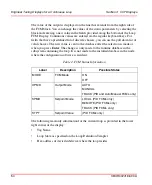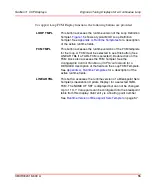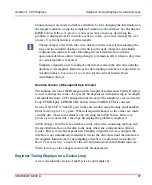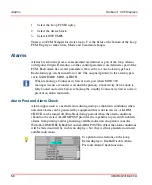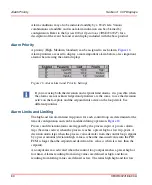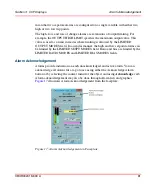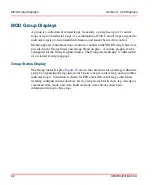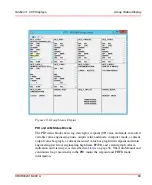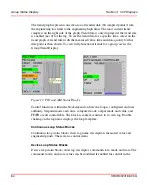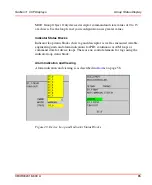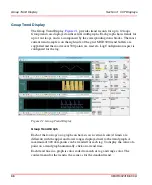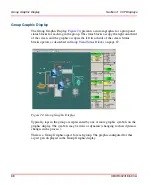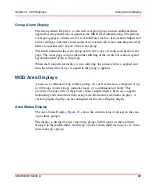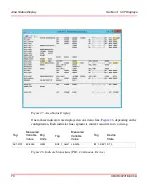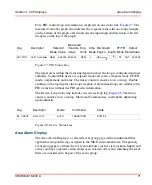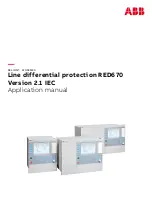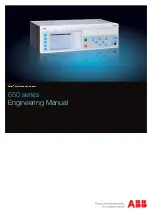
Figure 15. Loop Templet Display
Engineer Tuning Displays for a Continuous Loop
Section 3 CCF Displays
56
3BUR002418-600 A
Runtime Versions of Loop Definition and FCM Templets
The runtime versions of the templets are used to make the actual tuning changes.
The templets are accessed via the Loop FCM Display as described above. Their
format is similar to the configurator templets in AdvaBuild with the following
exceptions:
•
The information is current since it comes directly from the active database.
•
Black values are tunable while the grayed values are not.
•
The AdvaBuild versions of the templets have different buttons.
•
No FCM list is on the runtime version of the Loop Definition Templet.
Summary of Contents for Ability 800xA Series
Page 1: ...Power and productivity for a better worldTM 800xA for MOD 300 Operation System Version 6 0 ...
Page 2: ......
Page 3: ...800xA for MOD 300 Operation System Version 6 0 ...
Page 14: ...Table of Contents 14 3BUR002418 600 A ...
Page 74: ...Area Graphic Display Section 3 CCF Displays 74 3BUR002418 600 A ...
Page 102: ...Batch Connectivity to M0D 300 Section 4 TCL Displays 102 3BUR002418 600 A ...
Page 120: ...TLL Messages Section 5 TLL Displays 120 3BUR002418 600 A ...
Page 212: ...Viewing Abnormal State on MOD Loop Displays Section 8 Operation Examples 212 3BUR002418 600 A ...
Page 320: ...BRKPTS Appendix A Runtime Templates 320 3BUR002418 600 A ...
Page 322: ...Updates in Revision Index A 322 3BUR002418 600 A ...
Page 330: ...Index 330 3BUR002418 600 A ...
Page 331: ......


